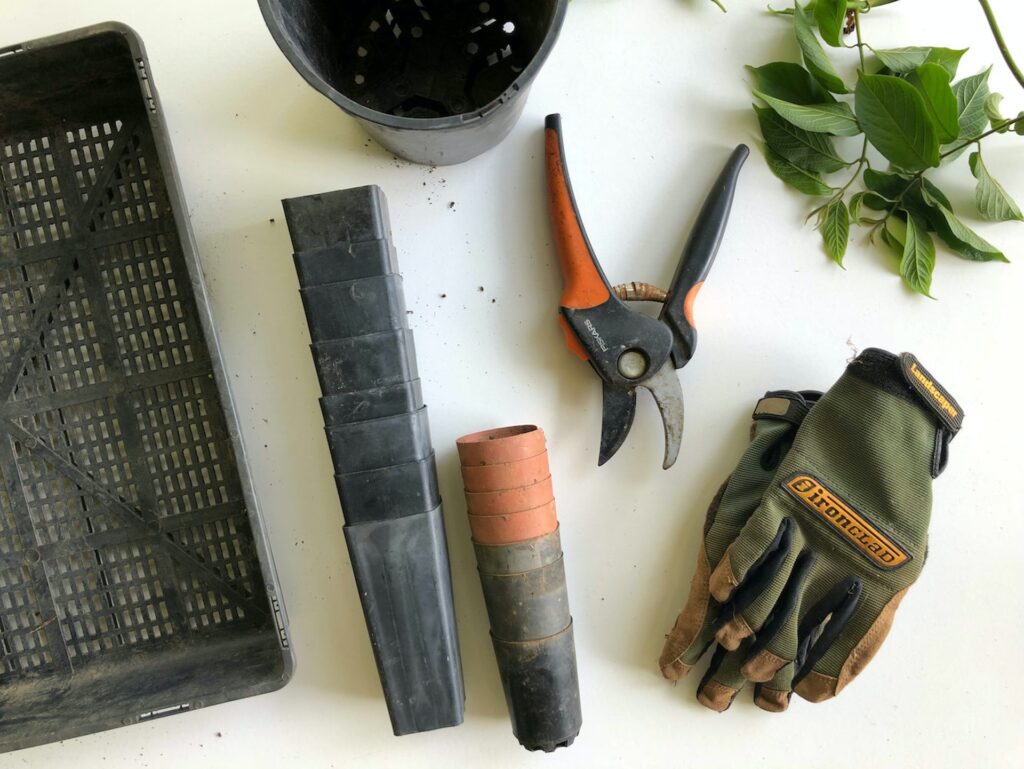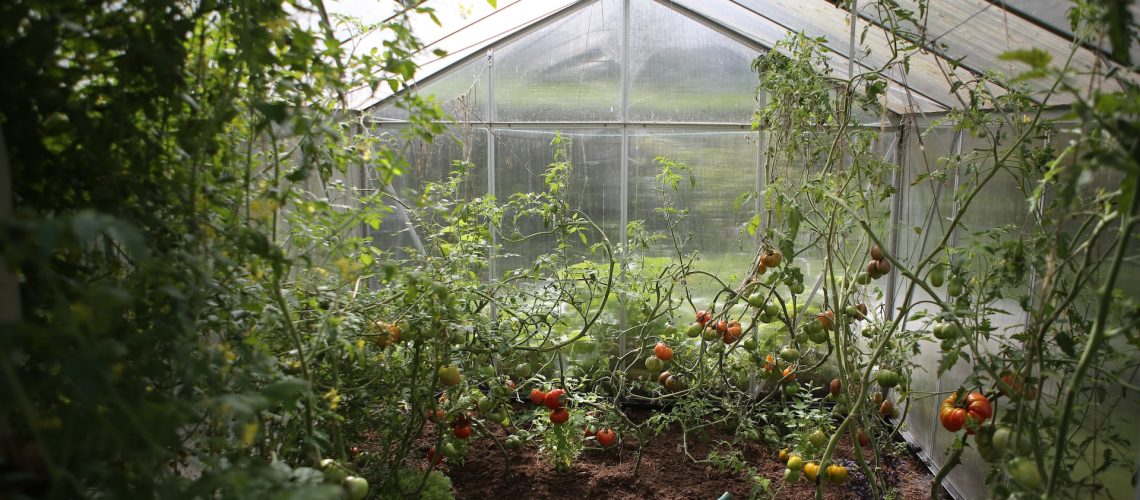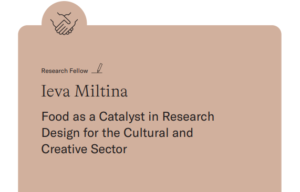In the pursuit of sustainable and inclusive communities, the power of community food gardening shines as a great tool for driving meaningful social change. For changemakers and workshop facilitators, harnessing the potential of these gardens offers a compelling strategy to not only promote local food security and environmental stewardship but also to foster community engagement, empowerment, and unity. In this article, we explore the significant impact of community food gardening and present facilitation methods that empower changemakers to spark transformative change.
1. Growing Together for Unity:
Community food gardens serve as spaces that bring diverse individuals together, transcending differences and promoting unity. Facilitators can design workshops that highlight the cultural diversity of crops and gardening practices. As participants learn from each other’s traditions, they develop a sense of shared purpose and appreciation, bridging divides within the community.
2. Empowerment through Ownership:
Changemakers can facilitate workshops that guide community members in planning and establishing their own food gardens. By involving residents in the decision-making process, from choosing plant varieties to designing the garden layout, a sense of ownership and empowerment is cultivated. This active involvement paves the way for sustained community commitment and pride.

3. Education and Skill Building:
Workshop facilitators can organize sessions that educate participants about sustainable gardening practices, composting, and water conservation. These workshops go beyond the immediate benefits of gardening by equipping individuals with valuable skills that can be applied to other aspects of their lives, enhancing their self-reliance and fostering a culture of learning.
4. Addressing Food Insecurity:
Community food gardens directly tackle the issue of food insecurity by providing access to fresh, locally grown produce. Changemakers can collaborate with local organizations to establish garden-sharing programs that ensure surplus harvests are shared with those in need. Workshops can highlight the transformative role of food gardening in alleviating hunger within the community.
5. Catalyzing Environmental Stewardship:
Gardening workshops can incorporate discussions on sustainable farming methods, soil health, and the benefits of organic gardening. As participants learn about the interconnectedness of ecosystems, they are inspired to become stewards of the environment. This newfound awareness extends beyond the garden, driving broader sustainable practices within the community.

6. Harvest Celebrations and Cultural Exchange:
Facilitators can organize seasonal harvest celebrations where the community comes together to share meals made from the garden’s produce. These events serve as platforms for cultural exchange, storytelling, and communal bonding. They celebrate the fruits of collective labor while reinforcing a sense of belonging.
You can learn from exploring existing initiatives – garden therapy workshops for people with disabilities, approach where elderly people share their land and gardening experience with participants, while young people provide companionship for their hosts, and the paper on the concept of intercultural gardening as a tool for integrating migrants.
Community food gardening stands as an extraordinary catalyst for social change, providing avenues for empowerment, unity, education, and environmental stewardship. For changemakers and workshop facilitators, these gardens offer a canvas upon which transformation can flourish. By employing facilitation methods, these leaders can amplify the positive impact, paving the way for holistic and lasting social change. After all, through gardens, we plant not only seeds of sustenance but seeds of hope, connection, and transformation.
– – – – – – – –
Images by www.zanda.photography, Eco Warrior princess, Nicole Herrero from Unsplash.








